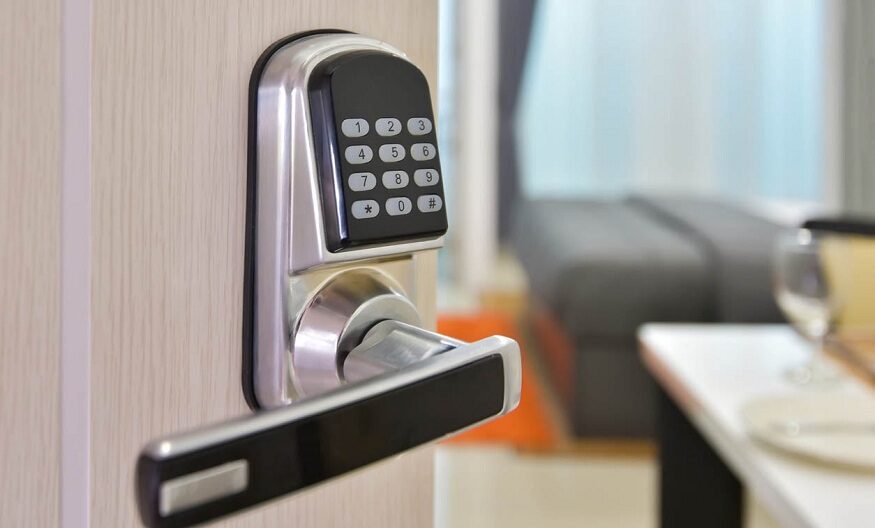
Keys and locks limit access to certain areas in a commercial building. They are also used to protect valuable property. Many types of keys and locks can be used in a commercial building. Understanding the basics of lock and essential security can help you choose the right system for your business.
Keys
Keys are essential in restricting access to certain areas within a building and protecting valuable property. They are also used to lock or unlock doors during a break-in. Several types of keys are used in commercial locks, each with advantages and disadvantages. Understanding the basics of Minneapolis lock and key security will help you make the right decisions for your business. A key is a small metal device that operates a lock to unlock or lock it. These keys can be made from steel, brass, and other materials. They are typically used in exterior entrances to commercial buildings or properties and interior entryways that require high security, such as storage rooms or offices with compassionate information. Commercial door locks with keypads empower you to control which tenants and staff can enter a building or space. They also let you assign authorized users PIN codes to access specific areas within your facility. Some locks include panic bars to allow for emergency exits or entries.
Locks
To keep your commercial building safe, ensure every lock is secure. The right lock can prevent thieves from entering your structure and give you peace of mind knowing your assets are protected. There are many types of locks, each with different benefits. However, they all have one thing in common: they must be durable and withstand high-use conditions. The type of material used to make a lock is essential. It can affect the price of the lock, and it also impacts how durable it is. Aside from the materials used to manufacture a lock, its surface coatings can also impact its appearance. These coatings can enhance the look of a lock, increase its durability, and make it easier to clean. The lock type you choose depends on the security level you want to achieve for your business. Several options include keyless entry, electric strike, restricted, and magnetic locks.
Keypads
If you’re looking to optimize your commercial building’s security, you might want to consider keypad locks. They offer a range of benefits that business owners often overlook. There are many different types of keypads, each with unique features. For example, silicone rubber keypads are naturally waterproof and dustproof. They are also resistant to normal wear and tear, making them ideal for busy environments such as manufacturing plants. In addition, they can be integrated with access control systems to limit entry inside a specific space during certain hours of the day. This feature can help keep staff and tenants safe and secure, especially in multi-use spaces where public areas are shared with private ones. Numeric keypads are usually found on devices that require mainly numeric input, such as calculators, television remotes, push-button telephones, vending machines, ATMs, point-of-sale terminals, and combination locks.
Keyless Entry
Investing in keyless entry systems for commercial buildings is one of the most affordable and effective ways to boost security. They eliminate the need for property staff to track down lost keys and rekey locks and offer increased convenience to tenants and visitors. Key fobs, keys, and cards use radio frequency identification (RFID) technology to transmit data to a scanner that unlocks the door. These credentials are also cheap to replace in the event of loss or theft. Another option for keyless building entry is biometric access control, which identifies users with a fingerprint, iris, or facial scan. This gives a higher security level to spaces like data centers and federal buildings, where it’s essential to be sure the right people are getting in and out. These systems can be easily managed through an app on a smartphone, allowing guests and other visitors to gain entry without ever having to touch the door. Remote access can be granted to various people, including delivery drivers, dog walkers, maintenance crews, and more.
